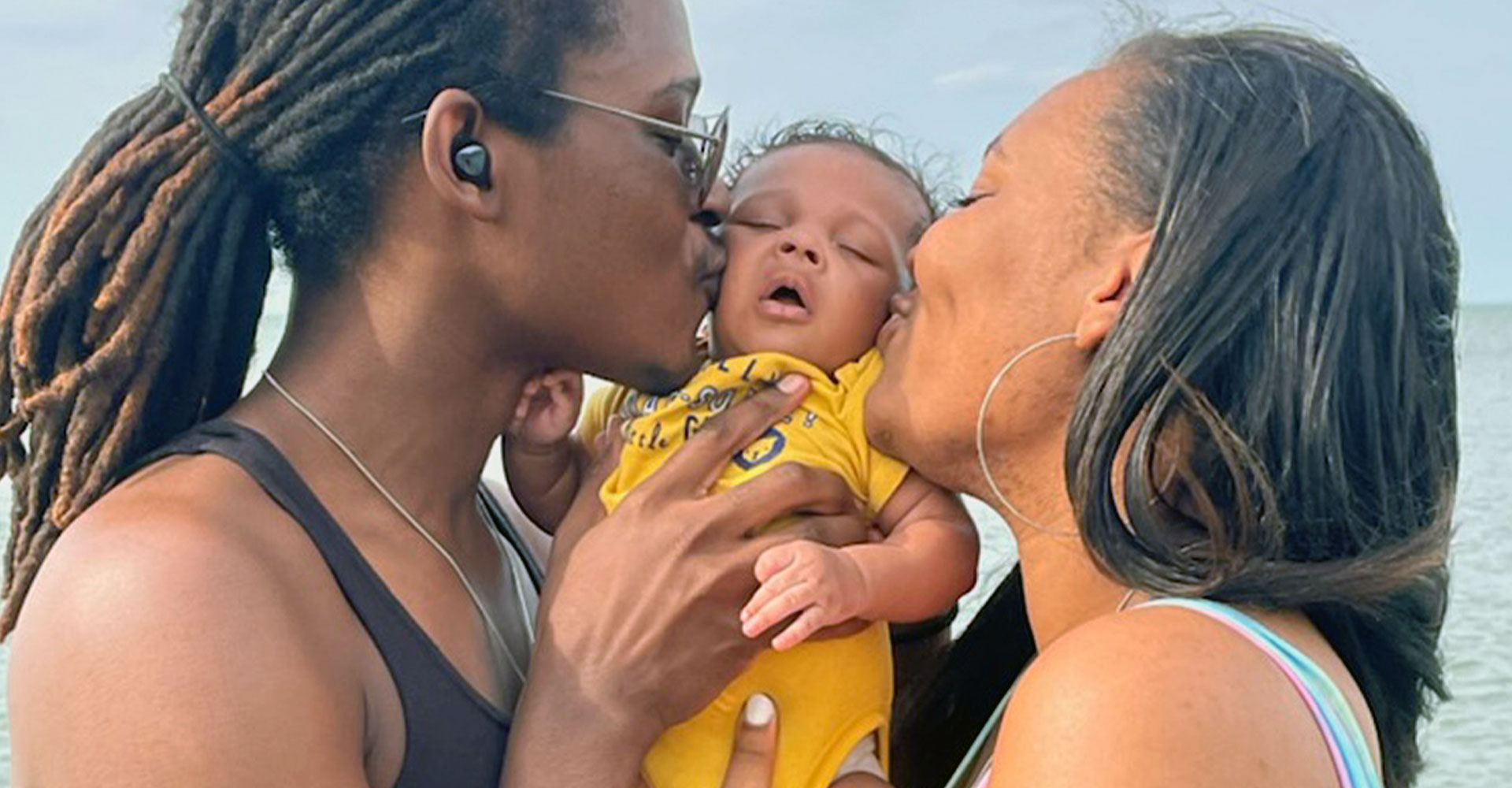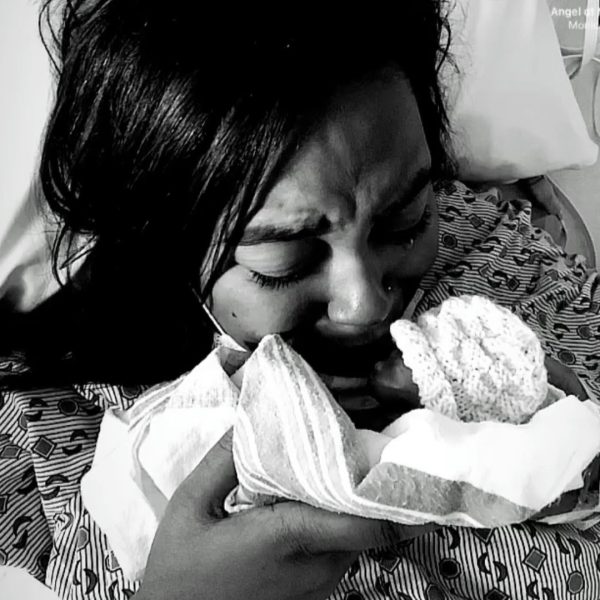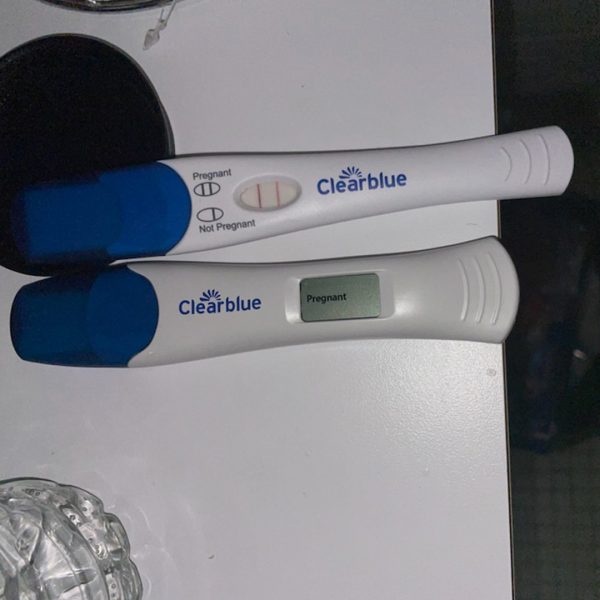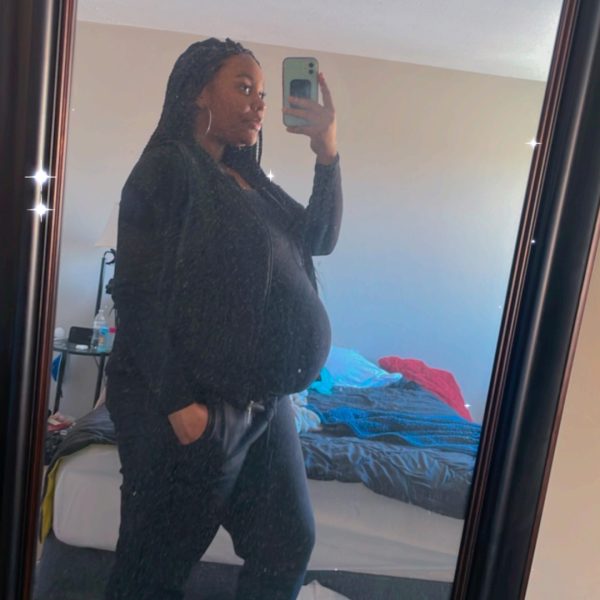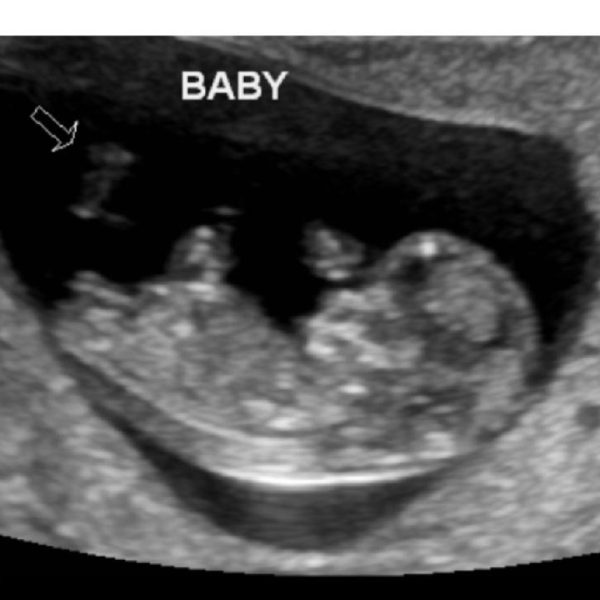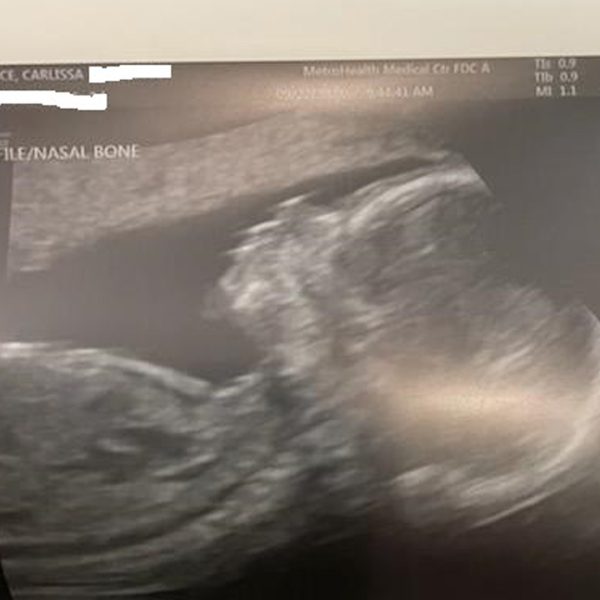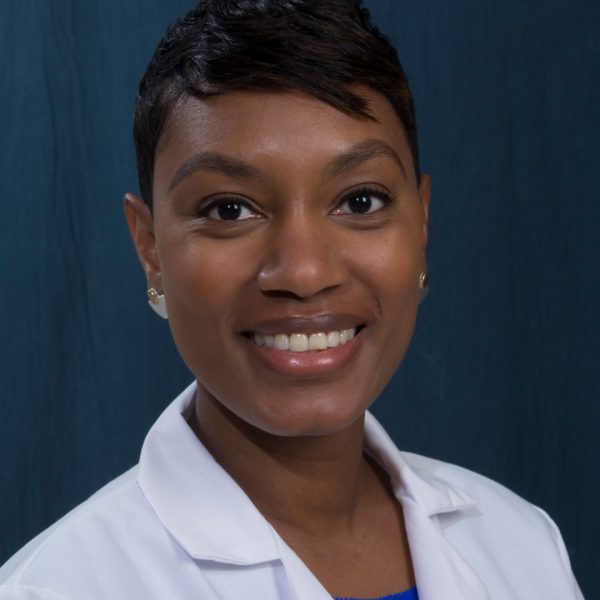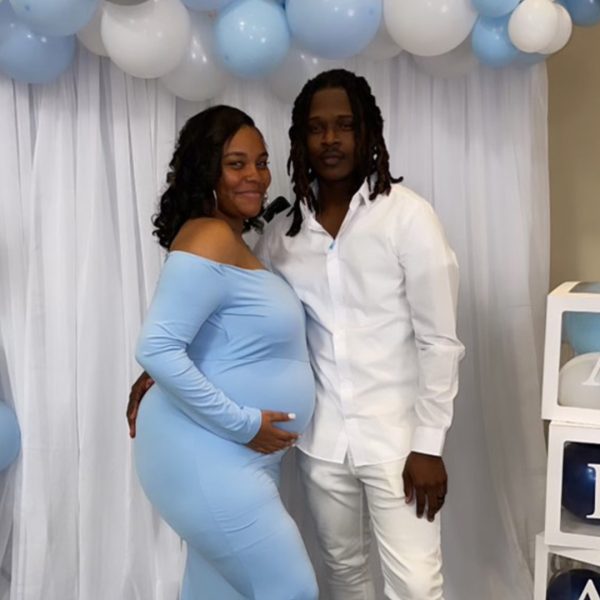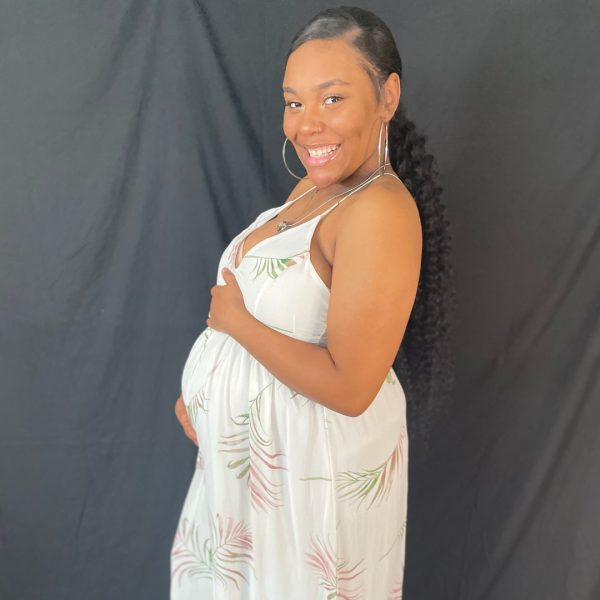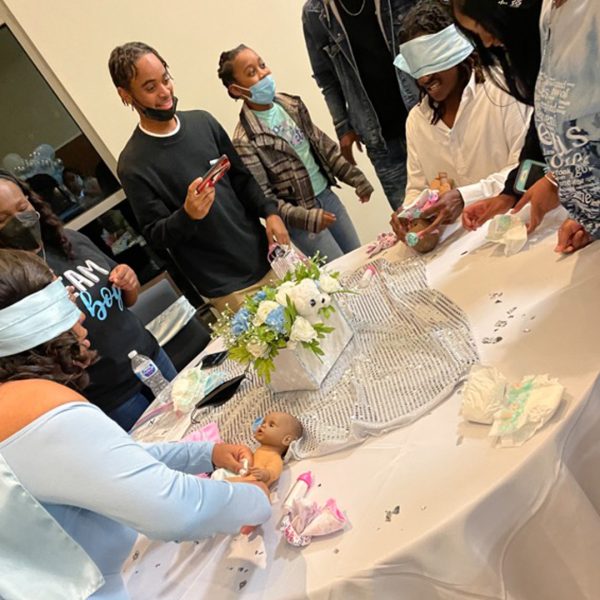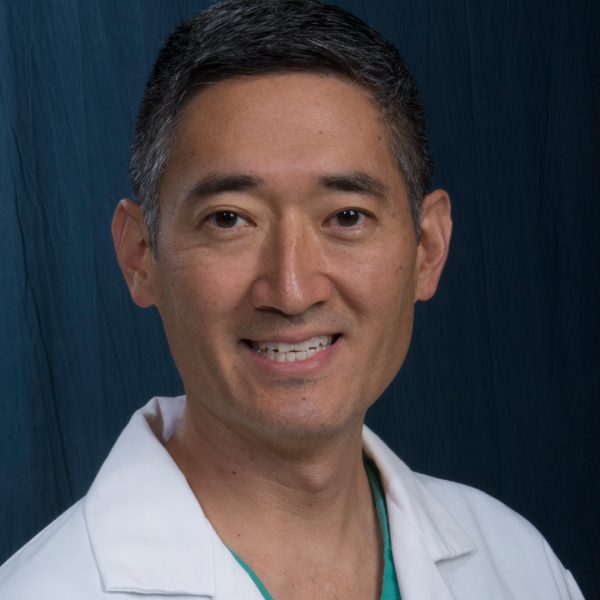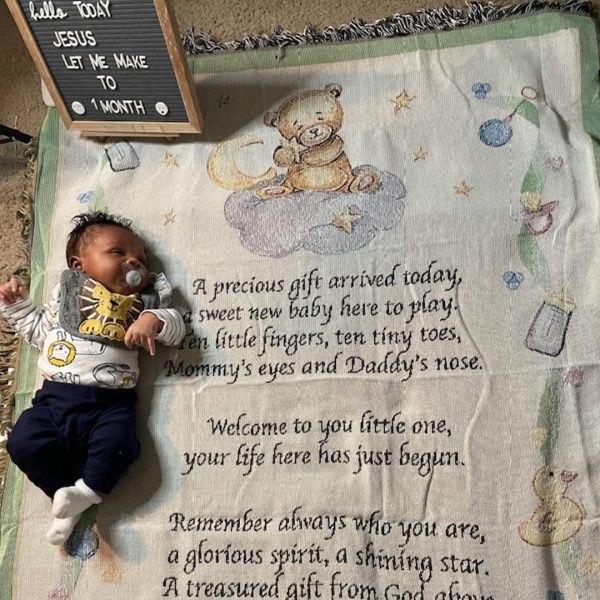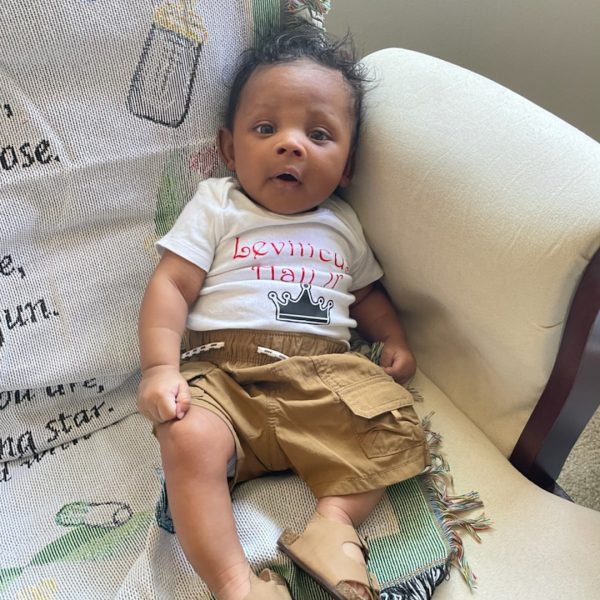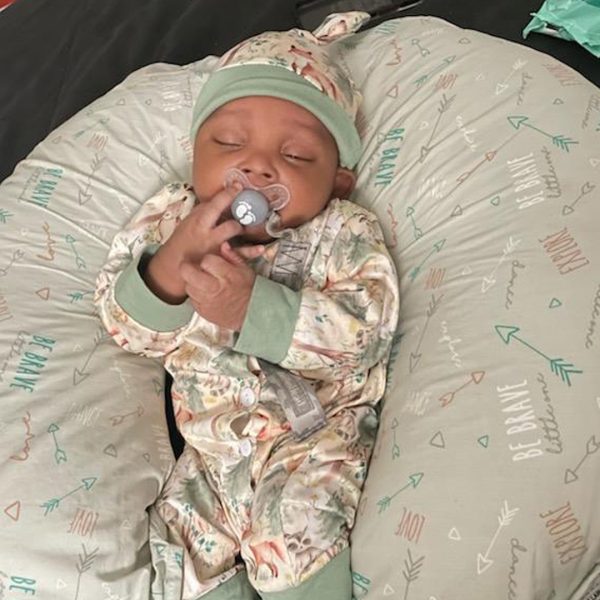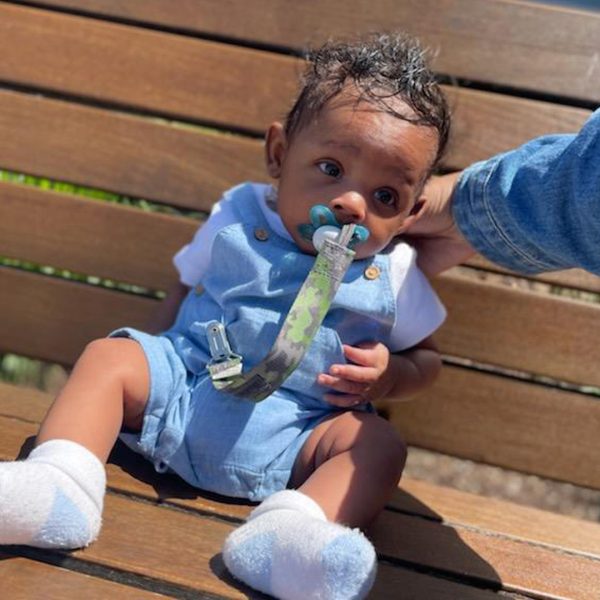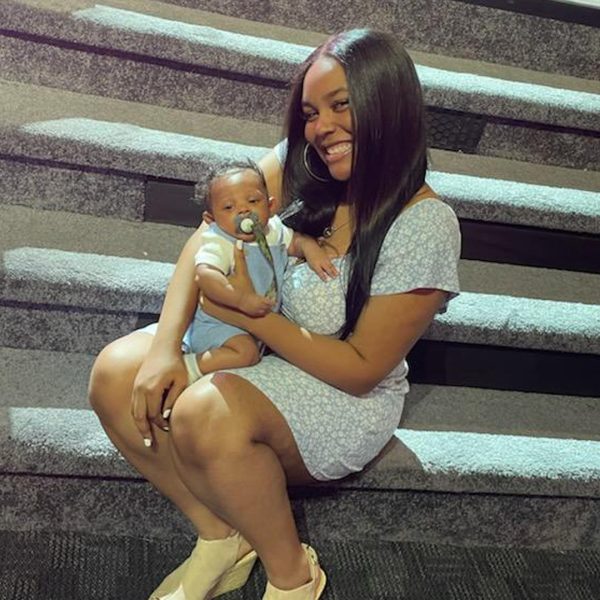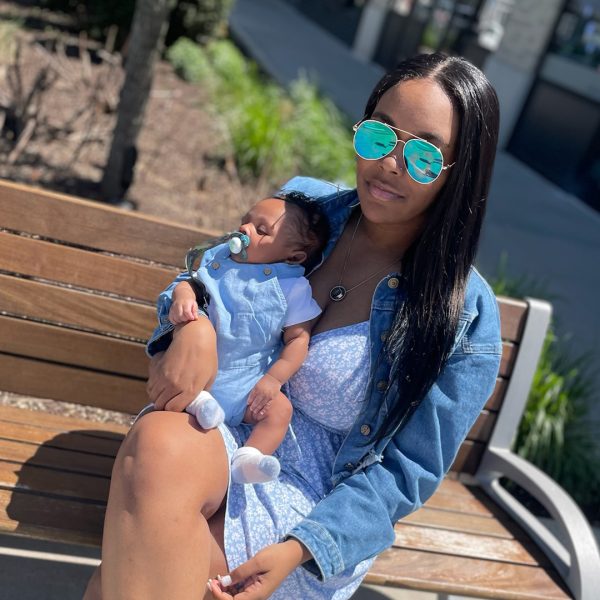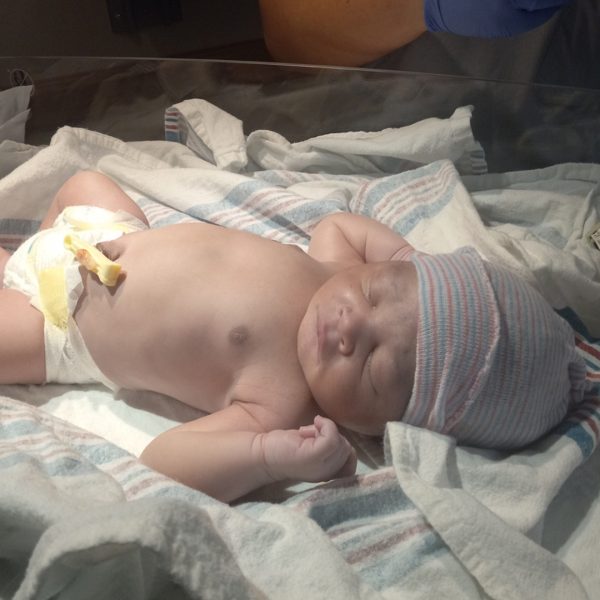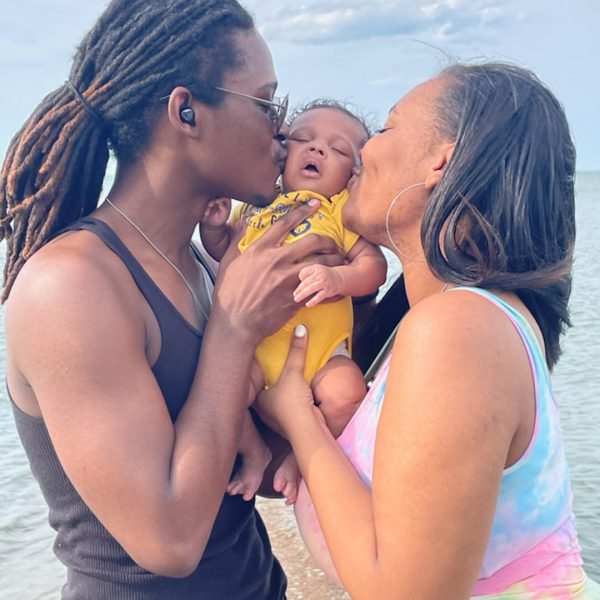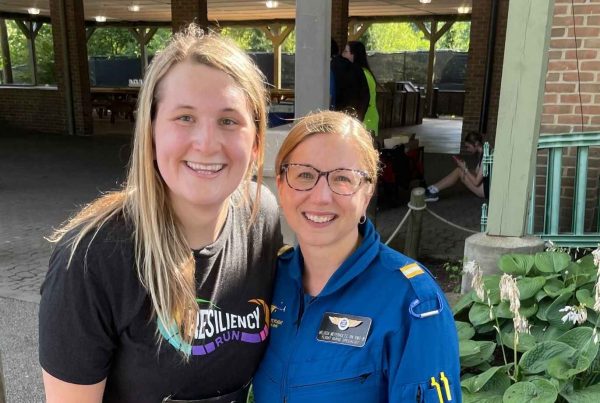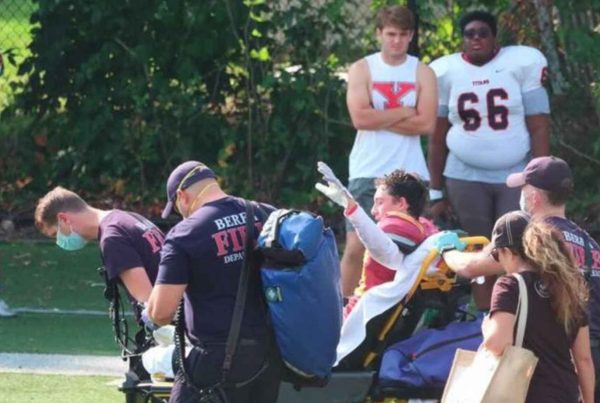Growing up, Carlissa Pierce kept a journal and even wrote to her future self about her plans to be married and have two children. She picked out her future children’s names and wrote letters to them, too.
Her dreams seemed like they were starting to come true. She and future husband, Leviticus Hall, were expecting their first child. But in late 2020, at 19 weeks pregnant, Carlissa experienced extremely early labor, which devastatingly led to a spontaneous pregnancy loss.
The loss of their first child brought the young couple closer. They were married on January 6, 2021.
MetroHealth, the healthcare provider for Carlissa and her entire family, gave Carlissa information about grief support services. She was still going to group activities when she found out in July 2021 she was pregnant again.
Because of her prior miscarriage, Carlissa was referred to obstetrician Jessica Pippen, MD, a maternal-fetal medicine physician at MetroHealth who specializes in high-risk pregnancies. When Dr. Pippen met Carlissa, she could tell that Carlissa was nervous and anxious. Dr. Pippen was ready to listen.
“It’s important for patients to know that they can be open and share their story, that they’re not alone. We want to make sure that we hear it all,” Dr. Pippen says.
As excited as Carlissa was to be pregnant, she also was terrified.
“I was worrying every day that something could be wrong. I’d wake up in the middle of the night,” she says. “It was so hard emotionally, mentally and physically.”
Dr. Pippen provided Carlissa with much-needed reassurance.
“She held the future in front of me,” Carlissa says. “She said she would get me in the safe zone where the miscarriage risk was very low. I had to trust her because she’s the doctor. So, I did, at every stage.”
That meant quitting her retail job and going on strict bedrest. It also meant getting progesterone shots every week starting at 20 weeks. And it meant getting extra ultrasounds to track the baby’s development and to monitor her cervix (the opening of the uterus).
When Dr. Pippen saw that the cervix was still shortened—putting Carlissa at risk for another miscarriage or delivering too early—she performed a procedure called cervical cerclage. The 15-minute procedure involves placing a stitch around the cervix to strengthen it and to help prevent pregnancy loss or a preterm delivery.
Dr. Pippen set small goals for Carlissa. First, get to 24 weeks. Then get to 28 weeks. Then get to 34 weeks.
“At one point she saw me every week. That’s what it took to get through the tough part of her pregnancy. When we got to 34, we really celebrated,” Dr. Pippen says. “Carlissa went through a lot to make sure she would be able to carry her pregnancy along the entire way.”
Gregory Kitagawa, MD—Carlissa’s OB/GYN during her first pregnancy—talks glowingly of his colleagues who specialize in high-risk cases.
“At MetroHealth, high-risk cases are almost run-of-the-mill because we see them so often. You’re coming to a place that deals with difficult things constantly,” he says. “I think we’re phenomenal at providing routine and high-risk obstetric care to everyone, regardless of socioeconomics, regardless of race, and regardless of your health history.”
Carlissa’s original due date was March 7. But one week earlier, Dr. Pippen decided to induce—she didn’t want the baby growing any bigger. On March 2, 2022, at 9:03 p.m., Leviticus Paul Michael James Hall Jr. arrived! He weighed 8 lb., 0.8 oz. and was almost 20 inches long.
After one night in the hospital, Carlissa went home with her baby. But before she was discharged, Dr.
Pippen visited her and met baby LJ.
“I cried; it was such a journey with her. She’s such an amazing doctor,” Carlissa says. “I told her, ‘You made me safe, my baby got here safe.’”
Carlissa and Leviticus would like LJ to have a brother or sister. For every subsequent pregnancy, she will always be considered high risk. Whatever happens, Carlissa says she knows she’s in good hands.
“With the doctors I’ve had and everyone else, it’s made me grow to love MetroHealth even more. I’ll forever be at MetroHealth because of the love and support they’ve given me.”

